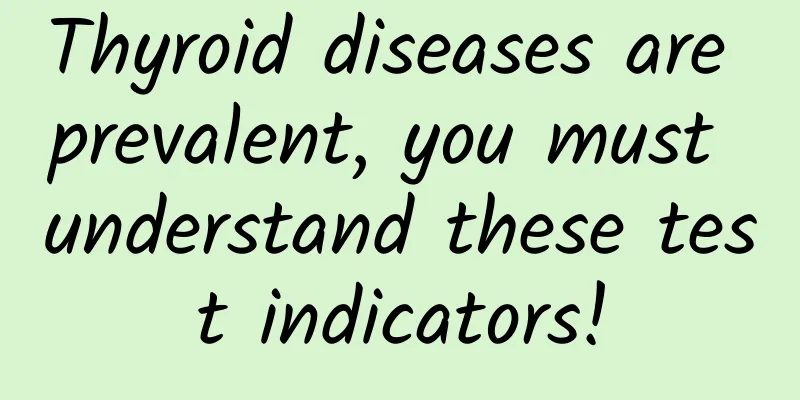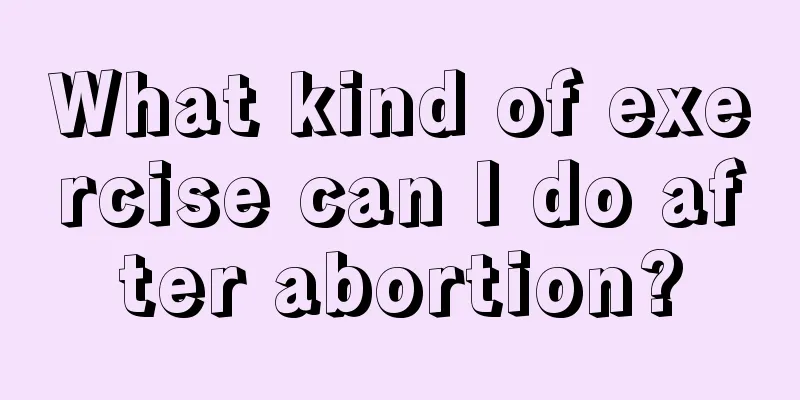Can a 43-year-old woman still have a baby?

|
The chances of pregnancy for women over 35 years old begin to decline, and the cumulative probability of pregnancy in one year is about 75%. Therefore, women over 35 who want to get pregnant should consult a fertility specialist if they have not gotten pregnant after 6 months of active trying. The ability of women over 40 to get pregnant drops sharply, and the accumulated probability of pregnancy in one year is about 40% to 50%. So, can a 43-year-old woman still have a baby? A 43-year-old woman can still have a baby. This depends on the menstrual condition and ovarian condition of a 43-year-old woman. Clinically, many women in their forties can still get pregnant without any problems. However, the older you are, the greater the chance of having an abnormal baby during pregnancy. It is recommended to do a minimally invasive film examination or amniocentesis during pregnancy. And rest should be the main focus during pregnancy, because the older you are, the greater the chance of miscarriage. If you have abdominal pain or vaginal bleeding at any time, go to the hospital for a check-up at any time. During pregnancy, you should eat low-salt, low-sugar, and low-fat foods. If your blood sugar level is relatively high, you should strictly control your blood sugar, check your blood pressure, and do regular prenatal checkups. Whether a 43-year-old woman can have children varies significantly among different individuals and cannot be generalized. For women who are in good physical condition, their uterus and ovaries still have normal ovulation function at the age of 43, and their uterus still has the ability to create a fetus, so they are capable of having children. However, the older a woman is when she becomes pregnant, the worse the quality of the eggs in her uterus and ovaries. The risk of the fetus suffering from sex chromosome abnormalities such as Down syndrome after pregnancy is higher, and the probability of miscarriage in the early stages of pregnancy will also increase accordingly. Some women usually have poor physical constitution and have obvious menstrual disorders when they are around 43 years old. Their ovaries cannot ovulate normally or the uterine wall is too thin for embryo development. In this case, the chance of pregnancy after intercourse is relatively low. If pregnancy occurs, it is easy to have symptoms of miscarriage in the early stages of pregnancy. Therefore, whether a 43-year-old woman is suitable for pregnancy again can only be determined after relevant examinations. |
<<: Is it normal to have menstruation every 22 days?
>>: Why is my period not over after 12 days?
Recommend
How long does it take to heal a uterine prolapse?
Uterine prolapse is generally caused by labor dam...
Why does stomach discomfort occur in early pregnancy?
Many women will experience various symptoms of ph...
What is the reason for lower back pain after IUD insertion? What are the side effects of IUD insertion?
Many women choose to use an IUD for contraception...
When drawing blood on an empty stomach, what does “empty stomach” mean?
Fasting blood drawing is a common clinical examin...
Normal HPV report
HPV, also known as human papillomavirus (HPV) tes...
Is candidal vaginitis easily treatable through treatment?
Vaginitis is a gynecological disease that many wo...
Pimples on the vagina
Folliculitis, also known as folliculitis, is a re...
Can coffee really help you lose weight? Huaxi doctors answer 6 truths about coffee
Recently, I have been I went to West China Hospit...
Rope skipping is a science. How to do it scientifically? Let's see the correct demonstration.
Rope skipping is a good and cheap option for losi...
32 weeks of pregnancy, strong and powerful fetal movement
After women become pregnant, their bodies will co...
Good news for people with allergies. Will the new coronavirus avoid you?
[This issue's rumor]: Recently, there are rum...
What happens if women are deficient in selenium?
Selenium is an essential nutrient for the human b...
Seven diseases related to menstruation
Mature women experience a series of mental, behav...
Can pregnant women use salt water to relieve itching in their lower body?
Nowadays, many pregnant women have a lot of secre...
The secret to not being dry in summer
I believe that many people are like me. When summ...









